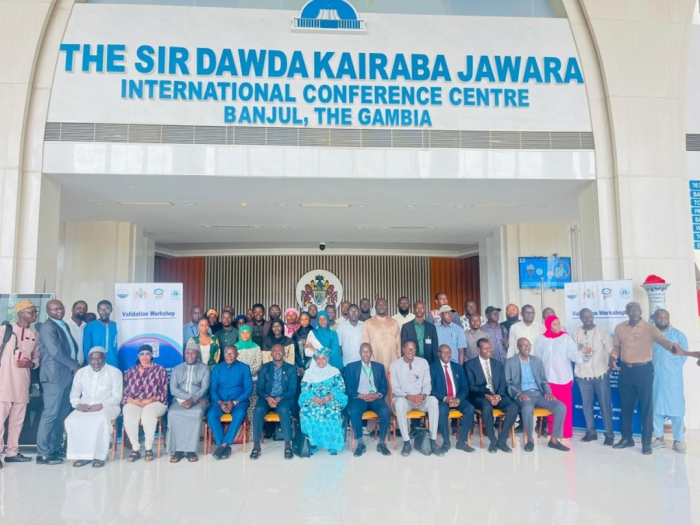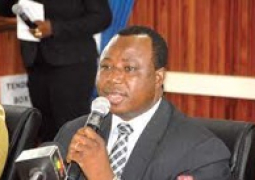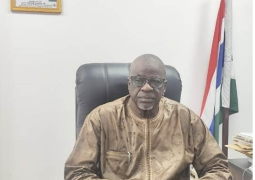
The event that took place at the Sir Dawda Kairaba Jawara Conference Centre, brought together representatives from government ministries, NGOs, UN agencies, the private sector, and regional governors, with the aim of reviewing and endorsing the project document before full-scale implementation.
Speaking at the opening, Dr. Dawda Badjie, executive director of the National Environment Agency (NEA) and Gambia’s operational focal point for the Global Environment Facility (GEF), stressed the urgency of addressing climate vulnerabilities in urban areas.
He noted that the CLIMB Project, valued at $12.17 million and funded by the GEF through the United Nations Environment Programme (UNEP), is the first of its kind to be implemented in Africa.
“This project is a challenge for all of us,” Badjie said. “It is either we do it and raise the bar, or we miss the opportunity. The Gambia is serving as a benchmark, showing that urban resilience projects of this scale can be done on the continent.”
Dr. Badjie explained that the project, which follows extensive consultations, will focus on transforming the urban landscape of Greater Banjul through ecosystem-based adaptation, improved urban planning, and sustainable infrastructure. He cautioned that human activities such as excessive concretisation and poor land use have worsened flooding and heat stress, underscoring the need for collective action.
Deputy Permanent Secretary Baboucarr Zaidi Jallow, representing the Ministry of Environment, Climate Change and Natural Resources, echoed the urgency, pointing out that rising sea levels, flooding, and saltwater intrusion are threatening livelihoods and public infrastructure. He revealed that climate impacts already consume nearly 25% of The Gambia’s annual road maintenance budget.
“The climate emergency we face is unmistakable and urgent,” DPS Jallow said. “The CLIMB Project will embed climate resilience into our urban laws, protect wetlands and mangroves, and strengthen early warning systems. It is designed as a blueprint for urban survival.”
He reaffirmed the government’s commitment to cutting greenhouse gas emissions to 49.7% by 2030 and restoring tens of thousands of hectares of mangroves.
Funded under the Least Developed Countries Fund (LDCF) of the GEF, the project seeks to align with The Gambia’s National Climate Change Policy while placing community voices at the center of adaptation strategies.
Stakeholders at the workshop, including the UN Development Programme (UNDP), local government representatives, and international consultants, commended the initiative as a timely intervention to protect vulnerable communities.
As validation moves forward, the project is expected to serve as a model for other African countries, positioning The Gambia at the forefront of innovative climate resilience efforts.





